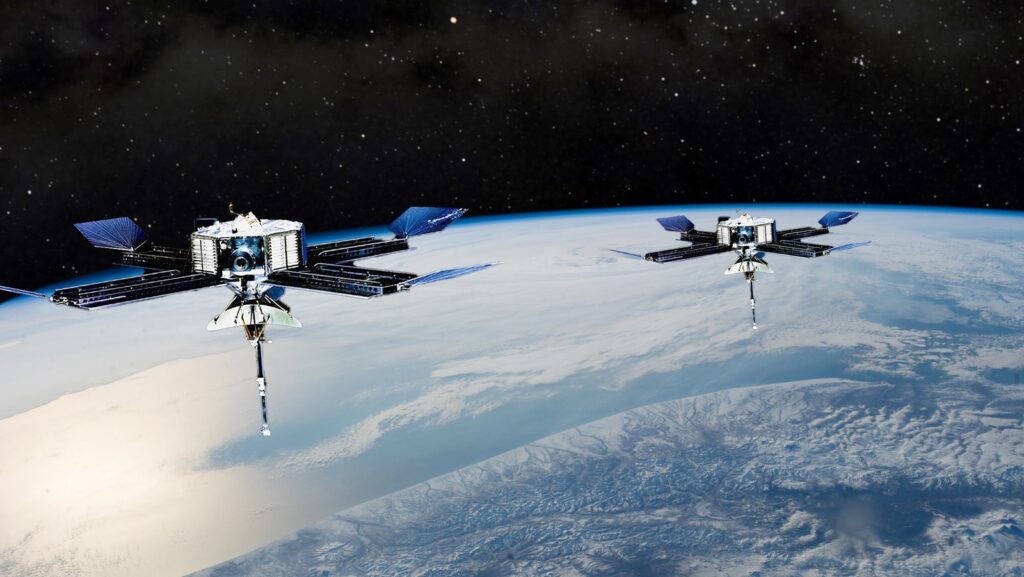A demonstration mission showcasing the United States Space Force’s response to an enemy in orbit is set to be launched by the military branch in conjunction with two private businesses.
Space Force officials announced Thursday that Rocket Lab and True Anomaly had been given contracts totaling $32 million and $30 million, respectively, to “exercise a realistic threat response scenario in an on-orbit space domain awareness” as part of the Victus Haze project.


True Anomaly will construct a spacecraft that can conduct rendezvous and proximity operations and will also supply a control center, while Rocket Lab will construct and launch its spacecraft utilizing the company’s Electron rocket. Each organization will be provided with its own launch and mission profile when the mission is slated to launch in 2025.
The Space Force will use the two spacecraft to practice maneuvers that could be seen as dangerous in space, such as a satellite trying to destroy an American spacecraft or an enemy satellite trying to spy on an American military satellite.
Read More: One of America’s Oldest Cities Wants $1 Home Sale
Space Force Prepares for Potential Space Conflict with China
Space System Command’s program executive officer for Space Domain Awareness and Combat Power, Col. Bryon McClain, stated, “We recognize the significant opportunity to leverage the commercial space industry’s innovations to counter China as America’s pacing threat.” “VICTUS HAZE will show how we can deal with careless actions in space, in an operationally realistic setting.”
An official picture by the Space Force depicted a retro-futuristic fight in orbit, with a U.S. spaceplane intercepting a satellite to prevent it from deactivating a “friendly” satellite. This brings back a memory of that artwork. The Space Force is getting ready for an imminent conflict in the last frontier.
The United States military’s newest branch was formed in December 2019 to safeguard the country’s expanding space interests. The Space Force is in charge of overseeing space launches, keeping tabs on objects in orbit, and providing maintenance and support for satellites like as Global Positioning System (GPS), weather satellites, and communications satellites. They also work to create capabilities that may be used in space.
Putting that aside, the military branch responsible for orbit is exceedingly prepared for a space conflict.




